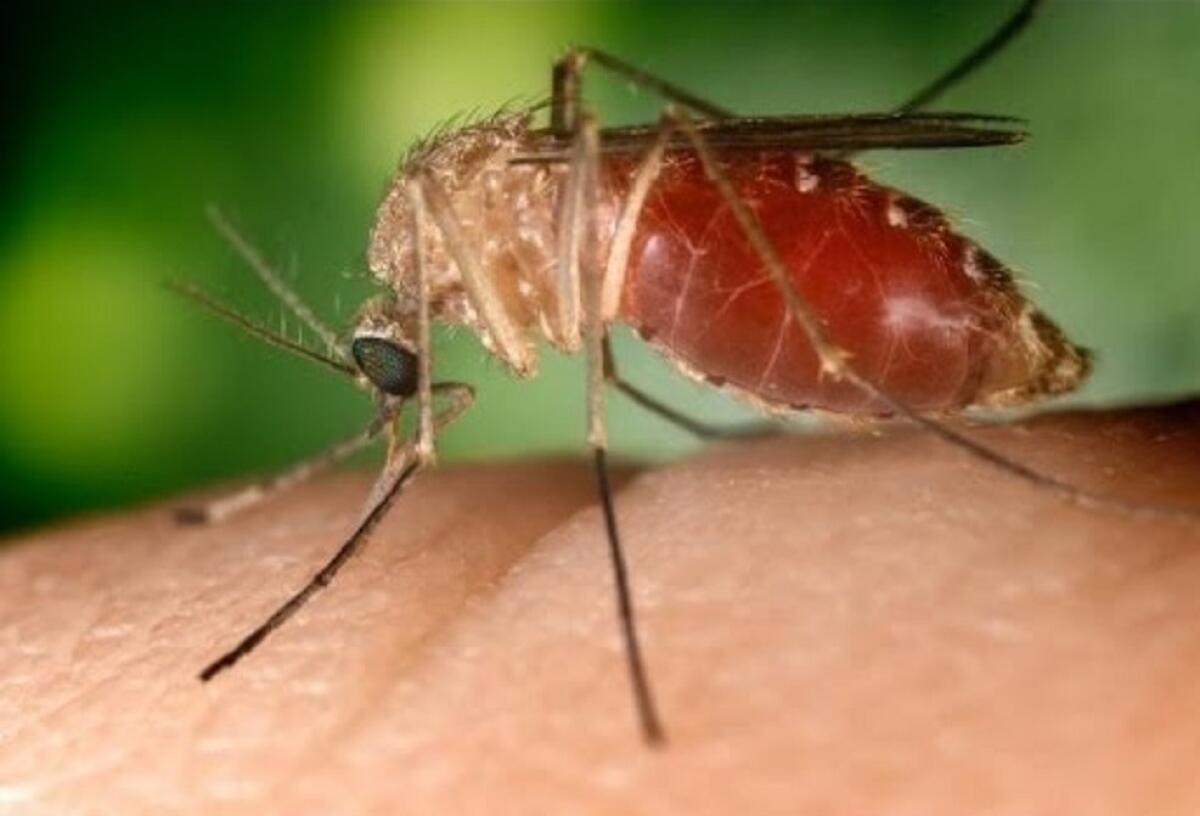West Nile virus is a growing threat this summer in California. What you need to know

[ad_1]
West Nile virus infections are on the rise this year in California after a particularly wet winter led to more mosquito reproduction, according to health experts.
The state had 55 human cases of the virus as of Aug. 25. Five of them were fatal, according to the California Mosquito-Borne Virus Surveillance and Response Program. That’s more than double the 24 cases that had occurred in 2022 by late August of that year.
In total in 2022, there were 207 cases and 15 deaths.
Among California’s latest infections, a woman in Orange tested positive for the West Nile virus this week, becoming the first human case in Orange County this year, according to the county Health Care Agency. The Orange resident wasn’t experiencing any symptoms.
Last year, there were 11 human infections of the virus and two deaths related to the virus in Orange County.
In Los Angeles County, two human cases have been reported so far this year.

West Nile virus cases are up in the state.
(San Diego County communications office)
“West Nile Virus … [recurs] every year during the summer months and continuing into the fall,” Matthew Zahn, deputy health officer for the O.C. Health Care Agency, said in a news release. “The best way to avoid West Nile Virus infection is to take precautionary measures to avoid mosquito bites.”
Experts with UC Davis Health said that record-breaking rainfall over the winter had led to an uptick in the number of mosquitoes, resulting in more West Nile Virus activity as temperatures heated up. The disease was first found in Africa before being discovered in the U.S. in 1999 and California in 2003.
Most people who become infected with the virus don’t get ill, but about 20% experience symptoms including fever, headache, body aches, nausea, skin rash and tiredness, according to the release. Some people may experience severe headaches, confusion, neck stiffness and muscle weakness. Those 50 years and older have a higher risk of severe complications.
To protect yourself from mosquitoes, experts recommend emptying any standing water around your home, including in flowerpots and pet bowls, to reduce breeding grounds for the insects. Also, make sure door and window screens are in good condition, use insect repellent with DEET, picaridin or oil of lemon eucalyptus, limit outdoor activity at dusk and dawn — when mosquitoes are most active — and wear long-sleeved shirts and pants when outside.
[ad_2]